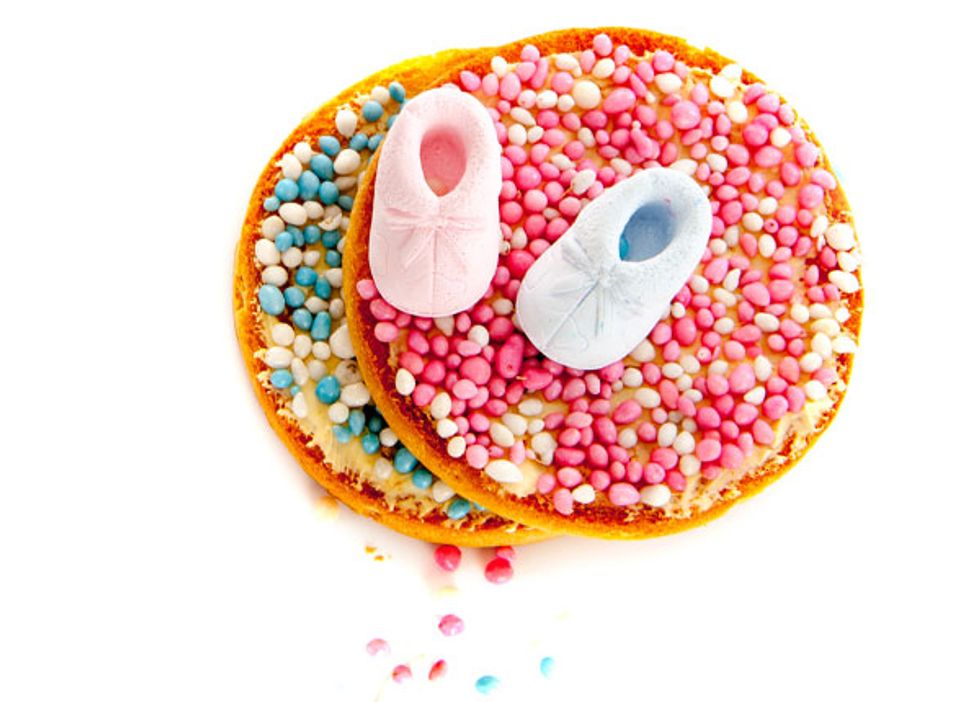Eating right for you and your baby isn't always easy. The raging hormones in your body can lead to powerful cravings for all sorts of foods, sweets included.
While consuming massive amounts of desserts may sound tempting, it can lead to excessive weight gain, which isn’t good for you or your growing baby.
For those times when your sweet tooth is screaming, sweeteners can provide a happy medium. Here are sweeteners that may be safely consumed during pregnancy.
- Sugar. Before we get to the artificial, what's wrong with the natural? The problem with consuming excess natural sugar is that it can lead to health problems like excessive weight gain and may exacerbate conditions like gestational diabetes. Sugar contains few nutrients for you or your baby, so avoid consuming too much. However, table sugar, honey, fructose, dextrose, maltose and sucrose are safe to consume in limited amounts.
- Aspartame. Unlike natural sugars, artificial sweeteners contain few or no calories, preventing unwanted pregnancy pounds. Aspartame is found in sweeteners such as NutraSweet or Equal, as well as in some foods. It is considered safe in moderation for most pregnant women. Because aspartame breaks down into a number of molecules, including phenylalanine, the FDA recommends you avoid aspartame if you have phenylketonuria, liver disease or chronically high levels of phenylalanine in your blood.
- Saccharin. Saccharin is FDA-approved for general use, but it may cross the placental barrier and be absorbed by the growing baby. No studies have linked saccharin to cancer or other maladies in humans, but its safety is disputed.
- Sucralose. Sold under the name Splenda, sucralose is a safe alternative to sugar, primarily because it is derived from sugar.
Acesulfame potassium. Also known as Acesulfame K, Ace K, AceK and ACK (K is the symbol for potassium), this sweetener is sold under the brand names Sweet One and Sunett. The FDA approved it as a general sweetener (except in meat and poultry). As with other artificial sweeteners, concerns exist over the safety of its use. Some studies suggest that ACK may affect prenatal development, and one study in mice indicated that the mother's ingestion of ACK could influence the offspring's sweet preferences.
- Stevia. This is a natural sweetener that is much sweeter than sugar. It comes from the leaves of the plant species Stevia rebaudiana. The FDA doesn't permit sale of pure stevia as a food additive in the United States, but sweeteners containing rebaudioside A, derived from stevia, are available under brand names such as Truvia and PureVia and are used in a number of common beverages. These stevia-based products are not known to cause any health complications in pregnant women.
- There is no evidence that aspartame, sucralose, saccharin, acesulfame potassium or stevia increases the risk of birth defects, though research continues.
One animal study connected saccharin consumption during pregnancy to an increased risk of bladder cancer in offspring, but another study showed no increased risk. In addition, saccharin is eliminated slowly by fetuses. Because of these factors, some health care providers recommend avoiding saccharin during pregnancy.
Several major medical organizations have concluded that women who are pregnant or breastfeeding can safely consume aspartame. The FDA recommends that pregnant women limit aspartame consumption to a moderate level.
If you're expecting or are planning a pregnancy, consider asking your health care provider about artificial sweeteners—and, as always, write down your questions and the health care professional's answers, so you don't forget.






